Every time I ask people about Wuthering Heights, I always hear the response, “Well… it wasn’t quite what I expected it to be…”
It’s true. Wuthering Heights is extremely deceptive. It is set up like a romantic Byron tale that spirals into a story of loss, betrayal, and revenge. It’s a novel that I’ve read now at least five times, and I still don’t know who the hero is, or who I am supposed to empathize with. That’s what makes this story so compelling to me. It always draws me back. The story keeps me questioning my own beliefs and morality – what is redeemable and what isn’t?
When I started Wuthering Heights, I was perfectly set up to be deceived. I had just finished Pride and Prejudice and was anxious for another period love story. Wuthering Heights seemed like the ideal candidate. The romance between Cathy and Heathcliff is one of the most famous couplings throughout literature. I thought I was set.
Heathcliff and Cathy did not disappoint, but they were NOT the romantic figures that I expected them to be. At first, I was undaunted by Heathcliff’s harsh exterior. Mr. Darcy, at first, was arrogant and rude in Pride and Prejudice. I convinced myself that Heathcliff was written in the same fashion and that he would redeem himself later on. However, I was always on edge about Heathcliff. He was fierce in his passion for Cathy Earnshaw to the point of obsession, which was very unlike any of the romantic heroes I had read in the literature of this time period. Then, when he started committing numerous monstrosities in Book II, I kept waiting for Heathcliff to redeem himself, right till the every last page. After I was done reading I sat for a while and wasn’t sure if I hated Heathcliff for his cruelty or loved him for his unyielding devotion for Cathy and I haven’t quite figured it out since.
Ever since I was a little girl, I’ve dreamed about the romantic notion that there is one person in the world made for you. One of your jobs on this earth is to find that one person, fall in love, and get married. If you can do that, your life will be blissful and carefree. However, Emily Bronte makes me question that idea. As much as I might yearn for what Heathcliff and Cathy share for one another, the fact that they are soul-mates solidifies the destruction of themselves and the people around them. So, in the end, should such a love exist between two people? Is love like that worth it in the end? I’m still not sure myself.
I’m fascinated about how these questions will answer themselves in our rehearsal process. It’s one thing to read about two people loving each other, but another thing entirely to see and experience their love live and up close. There is something very precious about how the actors playing Heathcliff and Cathy communicate with each other, a constant non-verbal dialogue displaying the depth of there connection. I am very excited to see how that its going to transform within the rehearsal process, and perhaps the act of seeing these two lovers in the world of the play will help clear up the questions that Emily Bronte presented us with.
Tiffany Keane
